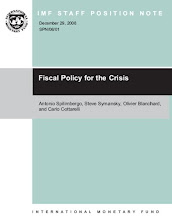SEBI has come up with new guidelines for SME exchange. SEBI has set a post-issue upper limit of Rs 25 cr capital at face value for the companies that wish to get listed on such exchanges. If the company reaches this upper limit it wouldn’t be allowed any follow up issues, any follow-up issue has would only be permissible if new capital doesn’t not exceed Rs 25 cr.
In case companies listed on SME platform exceeds the Rs 25 cr limit, the company will be compulsorily shifted to the main board of the exchange. SEBI has absolved SME companies on SME exchange of requirement of submitting quarterly number, but they can do it on half yearly basis. Such companies are also will have privilege of forgoing the need to publish their results instead they can put their result on website.
In case companies listed on SME platform exceeds the Rs 25 cr limit, the company will be compulsorily shifted to the main board of the exchange. SEBI has absolved SME companies on SME exchange of requirement of submitting quarterly number, but they can do it on half yearly basis. Such companies are also will have privilege of forgoing the need to publish their results instead they can put their result on website.



